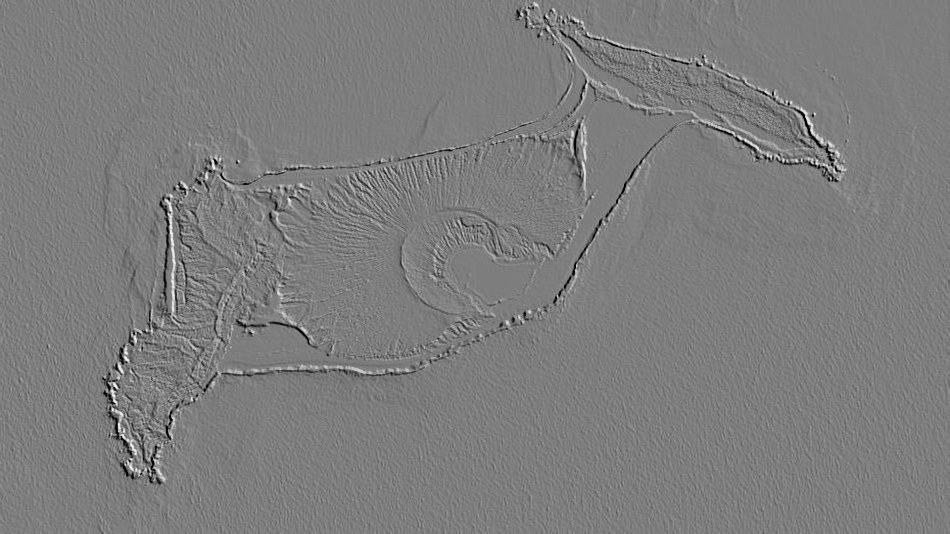Environment
Need some good news about the environment? The Optimist Daily is your go-to herald of positive environmental news, highlighting eco-friendly solutions and scientific progress around climate action, circularity, conservation, and more. Learn about everything eco in our Environment section.

Answers to the questions you never asked about plastic waste
By now you’ve probably heard a million times that plastic waste is harming the planet. There’s no question about that. But there are many other questions you might have about plastic and how we should deal with the problem. For example, perhaps you want to find out if the plastic you put into Read More...

This smart shelter uses AI to protect stray cats from the cold
Temperatures in Beijing can drop to 15 degrees Fahrenheit in the winter, leaving stray cats in pretty dire conditions. That’s why Baidu, China’s top search engine company, invented a smart shelter to spare cats the winter’s biting temperatures. The shelter uses artificial intelligence and Read More...

Florida’s Key West is banning the sale of sunscreens that damage coral reefs
Although it’s always wise to apply sunscreen before heading to the beach, evidence suggests most sunscreens contain chemicals that can harm the development of corals and make them more prone to bleaching. When corals bleach, they essentially start to die because they’ve lost the algae they rely Read More...

New law in Hawaii will ban the killing of any sharks in state waters
Lawmakers in Hawaii have been busy bees over the past couple years when it comes to drafting laws that protect the natural beauty of their islands. The Aloha State banned all sunscreens that harm coral reefs last year and banned all plastic bags years ago, with new legislation being proposed that Read More...

All medals at the 2020 Olympics to be made out of recycled materials
With a little ingenuity, there's a lot you can do with old electronic waste. That was shown at the 2016 Olympics in Rio where 30 percent of the silver and bronze in medals came from recycled electronic devices. Now organizers of the 2020 edition in Japan are looking to one up Rio by forging all Read More...

Pakistan is pushing to recover mafia-encroached land and transform it into forests
Pakistan's Prime Minister has been an advocate for environmental conservation for a long time. Before becoming Prime Minister, he oversaw the planting of a billion trees in the province where he was in power. Now he has launched an even more ambitious project dubbed the "10 Billion Tree Tsunami" in Read More...

Newborn island in the South Pacific is now nurturing birds and flowers
Four years ago a volcanic eruption gave birth to one of the world’s youngest islands. But what was thought to be just another short-lived island that submarine volcanic eruptions tend to uplift now has its own flora and fauna. Dazzling pink flowering plants, sooty tern birds, and even barn owls Read More...

Rhode Island to prohibit restaurants from offering plastic straws
Movements condemning the use of single-use plastics are growing stronger, with plastic straws being singled out as one of the main culprits that pollute our oceans. And for good reason: In the US alone, over 500 million plastic straws are used every day, with the majority of those ending up in Read More...

Volunteers saved thousands of baby flamingos in drought-stricken South Africa
Years of severe drought brought the capital of South Africa dangerously close to becoming the first major city in the modern era to face the threat of running out of water, and while such a scenario was fortunately averted, the drought did cause a reservoir that hosts one of southern Africa's Read More...

Treat yourself to a visual feast of birds with these stunning photos
At the Optimist Daily, we’re constantly delivering stories for you to read. But every now and again, there’s something wonderful to be gained by simply taking in the stunning beauty of our world and the animals that inhabit it. If you follow the link below, you will be treated to a visual feast Read More...


